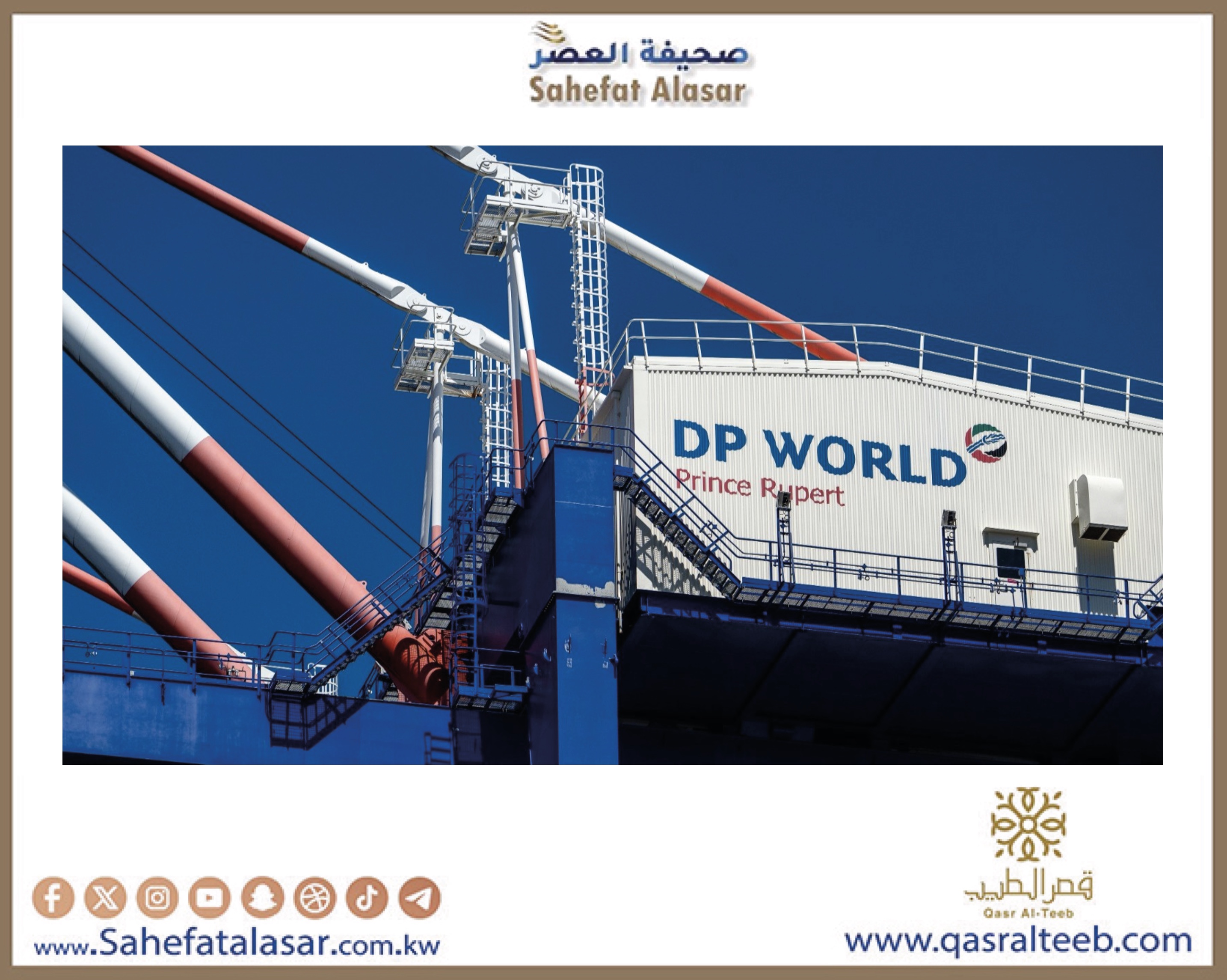


The Statistical Center for the Gulf Cooperation Council (GCC) affirmed on Wednesday that the State of Kuwait continues to lead internationally in numerous sustainable development indicators, enhancing its position among advanced nations. This was stated in a report issued by the Gulf Statistical Center on the occasion of Kuwait’s celebration of the 64th National Day and the 34th Liberation Day.
The Center stated that since Kuwait’s independence, the country has been accelerating its efforts to build a nation that achieves accomplishments across various fields and levels, continuing this progress under the wise leadership of His Highness the Amir of Kuwait, Sheikh Mishal Al-Ahmad Al-Jaber Al-Sabah, may God protect and preserve him.
The Center explained that the indicators monitored by the GCC Statistical Center reflect Kuwait’s affirmation that its vision (Kuwait 2035) aims to make it a financial and global hub attractive to investment. It added that the private sector in Kuwait is leading economic activity, achieving human development, fostering a competitive spirit, and enhancing production efficiency, supported by an institutional framework that reinforces national values, preserves social identity, and provides the infrastructure for an encouraging and advanced business environment.
The Center noted that sustainable development in Kuwait is a strategic priority aimed at securing a better future for coming generations, relying on a comprehensive vision that includes achieving sustainable economic progress, improving citizens' quality of life, and protecting natural resources through innovation and long-term sustainable planning.
The Center highlighted that its data indicates Kuwait has achieved high completion rates in sustainable development goal indicators, with 100% completion in several areas, including the percentage of births attended by skilled health personnel, households with access to basic services, populations using safely managed drinking water services, and populations with access to electricity.
The Center mentioned that Kuwait’s total government expenditure in 2023 reached approximately $85.5 billion, with the non-oil sector contributing 48.8% to the GDP at current prices. The GDP per capita was $36.7 thousand, while the inflation rate was 3.6%.
The Center pointed out that Kuwait ranked first globally in both the Information and Communication Technology (ICT) Usage Index (according to the Global Innovation Index 2024) and the E-Commerce Legislation Index (according to the Network Readiness Index 2024). It also ranked third globally in the Tax Policy Index 2024 and 11th globally in the Public Finance Index 2024.
Regionally, Kuwait ranked first in the Global Peace Index for the Middle East and North Africa in 2024. On the Arab level, Kuwait achieved advanced positions in several indicators, ranking first among Arab countries in the Investment Climate Guarantee Index 2023 and the Social Progress Index 2024, while ranking fifth in the Competitiveness Index 2024.
The Center emphasized Kuwait’s commitment to aligning sustainable development goals with the national development pillars of Kuwait Vision 2035, believing that sustainable development ensures growth and prosperity for future generations. It noted that Kuwait’s development plan includes 164 developmental projects and 30 strategic projects, focusing on building an international special economic zone, enhancing citizen and institutional capabilities, creating environmentally harmonious residential areas, fostering a dynamic private sector, promoting public-private partnerships, improving health and well-being, developing an interconnected and transparent government, constructing cohesive infrastructure, and actively participating in the global community.
The Center mentioned that Kuwait is implementing five projects to achieve clean and sustainable energy, most notably the Shagaya Renewable Energy Complex, one of the largest solar energy projects in Kuwait, with the third phase expected to be completed this year. It also highlighted the opening of Abdullah Al-Salem University, which represents a significant resource for preparing qualified human resources to enrich the labor market, featuring three research centers: the Cybersecurity and Digital Transformation Center, the Data Science and Artificial Intelligence Center, and the Resources, Energy, and Sustainability Center.
The Center pointed to promising projects in Kuwait, including the Doha Seawater Desalination Plant, which aims to use groundwater for treatment and produce 60 million imperial gallons of fresh water daily. It also noted that the Al-Zour Power Plant is a key component of the Gulf electricity interconnection system, enabling electricity connections outside GCC member states, starting from southern Iraq, at a cost of approximately $270 million.
It is worth mentioning that the Gulf Statistical Center is headquartered in Oman and is the official authority for data, information, and statistics related to GCC countries. It was established to be the official source of statistics and to enhance statistical and informational work for national statistical centers and planning agencies in GCC countries.

